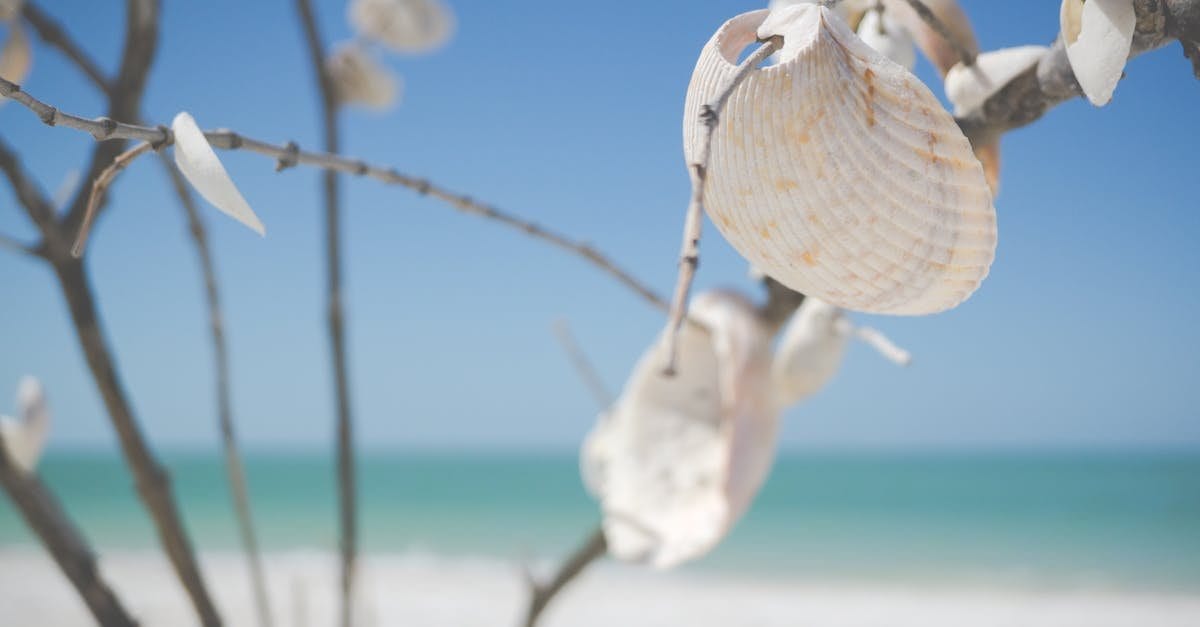Planning a beach day in Florida? Curious about beach accessibility for strollers and wheelchairs? We’ve got you covered.
In our post, we’ll jump into the world of beach accessibility in the Sunshine State, focusing on the ease of exploring sandy shores with strollers and wheelchairs.
From wheelchair-friendly ramps to stroller-friendly pathways, we’ll explore the best spots that cater to every visitor’s needs.
Let’s unveil the top destinations where everyone can enjoy the sun, sand, and surf without limitations.
Key Takeaways
- Beach accessibility for strollers and wheelchairs in Florida is crucial to ensure that everyone can enjoy the sun and sand comfortably.
- Florida offers wheelchair-friendly ramps and stroller-friendly pathways at many beaches for easy access and smooth navigation.
- Look for features such as accessible parking, beach wheelchairs, ramps, and walkways, and accessible facilities to enhance beach accessibility.
- Parents with strollers can improve their beach experience by choosing all-terrain strollers, selecting beaches with stroller-friendly access points, and packing light.
- Top beach destinations in Florida like Clearwater Beach, South Beach in Miami, and Siesta Beach in Sarasota cater to visitors with strollers and wheelchairs, providing accessibility and facilities for a memorable beach visit.

Overview of Beach Accessibility in Florida
When visiting Florida, accessibility to the beach is essential for strollers and wheelchairs. Thankfully, many beaches in the state have made significant strides in ensuring that everyone can enjoy the sun and sand comfortably.
Florida is home to numerous wheelchair-friendly ramps that provide easy access to the beach. These ramps are sturdily built and designed to accommodate individuals with mobility challenges, making it easier for them to navigate the sandy terrain.
Plus, many beaches in Florida offer stroller-friendly pathways that are flat and easy to maneuver, ensuring that families with young children can enjoy a relaxing stroll along the coast. These pathways are well-maintained and provide a smooth surface for easy pushing.
For more information on beach accessibility guidelines and regulations in Florida, you can visit the official Florida Department of Environmental Protection website.
Would you like to learn more about accessible beaches in Florida? Check out this informative guide on beach accessibility provided by the Florida State Parks.
Importance of Accessibility for Strollers and Wheelchairs
When it comes to beach accessibility in Florida, catering to strollers and wheelchairs is crucial. Easy access enables everyone to enjoy the stunning beaches, from families with young kids to individuals with mobility challenges. It’s vital to have wheelchair-friendly ramps and stroller-friendly pathways so that everyone can explore the sandy shores effortlessly. By ensuring inclusive beach access, we create a welcoming environment for all beach lovers.
Visiting the official Florida Department of Environmental Protection website can provide more insights into beach accessibility guidelines and regulations in the state.
Check out their resources to learn more about how Florida is dedicated to making beaches inclusive for all visitors.

Features of Wheelchair-Friendly Beaches
When it comes to wheelchair-friendly beaches in Florida, it’s essential to look out for certain features that enhance accessibility for everyone. Here are some key aspects to consider:
- Accessible Parking: Look for designated parking spaces close to the beach entrance for easier access.
- Beach Wheelchairs: Some beaches offer specialized beach wheelchairs that can navigate sandy terrains effortlessly.
- Ramps and Walkways: Smooth and wide ramps provide easy access to the beach, while stroller-friendly pathways make strolling with young children hassle-free.
- Accessible Facilities: Accessible restrooms and showers ensure convenience for individuals with mobility challenges.
For more detailed information on beach accessibility features and guidelines, you can visit the Florida Department of Environmental Protection website.
Accessibility Tips for Parents with Strollers
As parents exploring the sandy shores of Florida’s beaches, we understand the challenges of maneuvering strollers through uneven terrain. Here are tips to make your beach visit enjoyable and stress-free:
- Opt for a stroller with all-terrain wheels for easier mobility.
- Look for beaches with stroller-friendly access points and boardwalks.
- Pack light and use a backpack instead of an over-the-shoulder diaper bag.
- Consider a beach tent or umbrella for shade and a sand-free zone for your little one.
For more detailed information on accessible beaches and facilities in Florida, visit the Florida Department of Environmental Protection’s website.

Top Beach Destinations in Florida for All Visitors
When it comes to beach accessibility in Florida, we’ve got some top destinations that cater to all visitors, including those with strollers and wheelchairs.
Here are some must-visit spots:
- Clearwater Beach: Known for its soft sand and stunning sunsets, Clearwater Beach offers wheelchair-friendly access points and accessible facilities nearby.
- South Beach, Miami: This vibrant beach destination not only boasts beautiful views but also provides wheelchair ramps and stroller-friendly pathways for easy navigation.
- Siesta Beach, Sarasota: With its powdery white sand, Siesta Beach is not just visually appealing but also features ADA-compliant beach wheelchairs for visitors.
For more information on accessible beaches and facilities in Florida, check out the Florida Department of Environmental Protection’s website.
